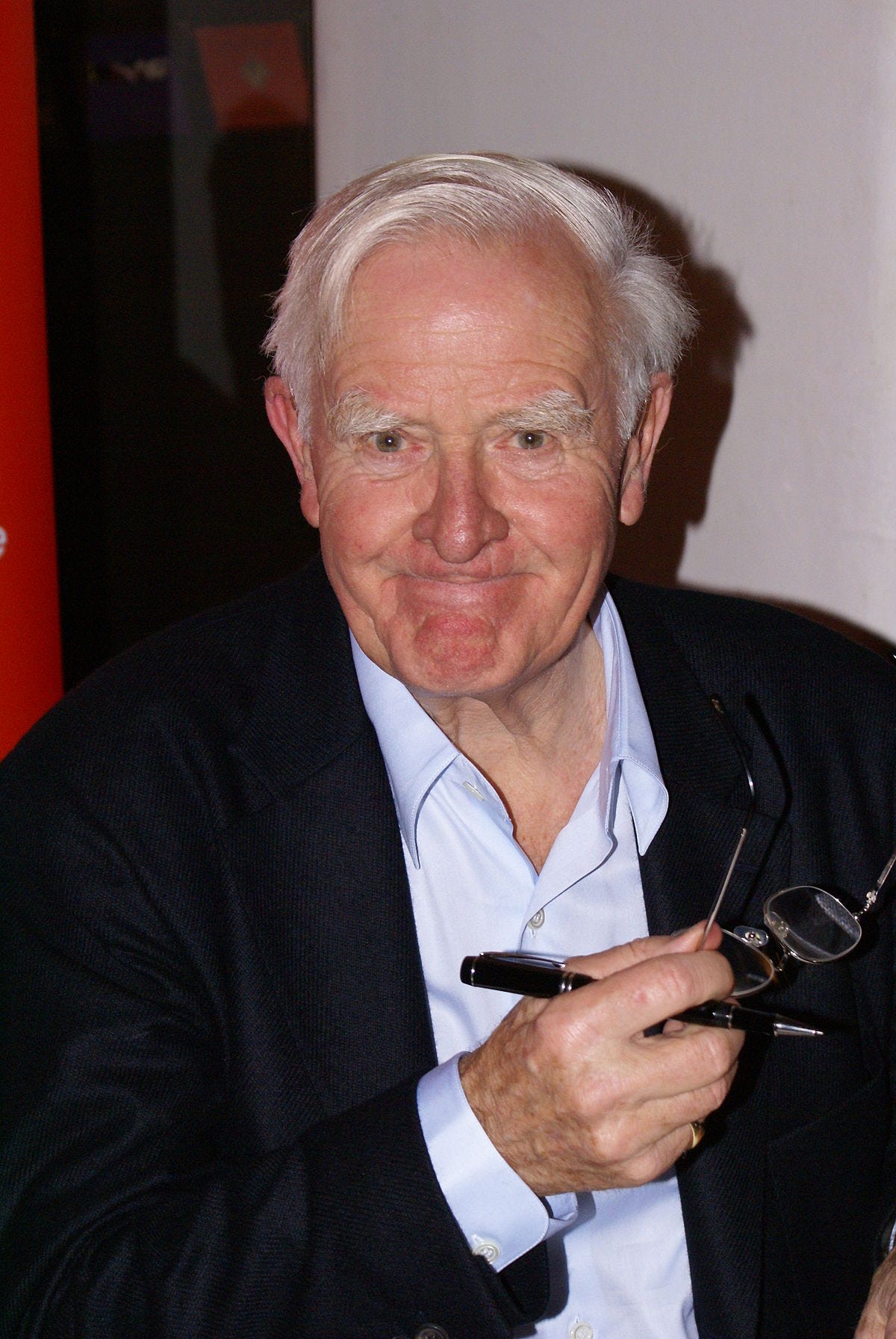Le Carré: The Spy Who Saw Into Our Eyes
James Grady remembers the master of human intrigue, foibles, ideals and cruelty
John Le Carré was the spy who came into our capital "L" Literature.
He started silent and deep. Wrote much of his first novel with pen and paper while on midnight watch for MI6 in Hamburg, Germany, back in 1960 when flesh and blood spies, not the covert clicks of distant hackers, told the Lords Of Power the way things were and manipulated changes.
Most fi…




